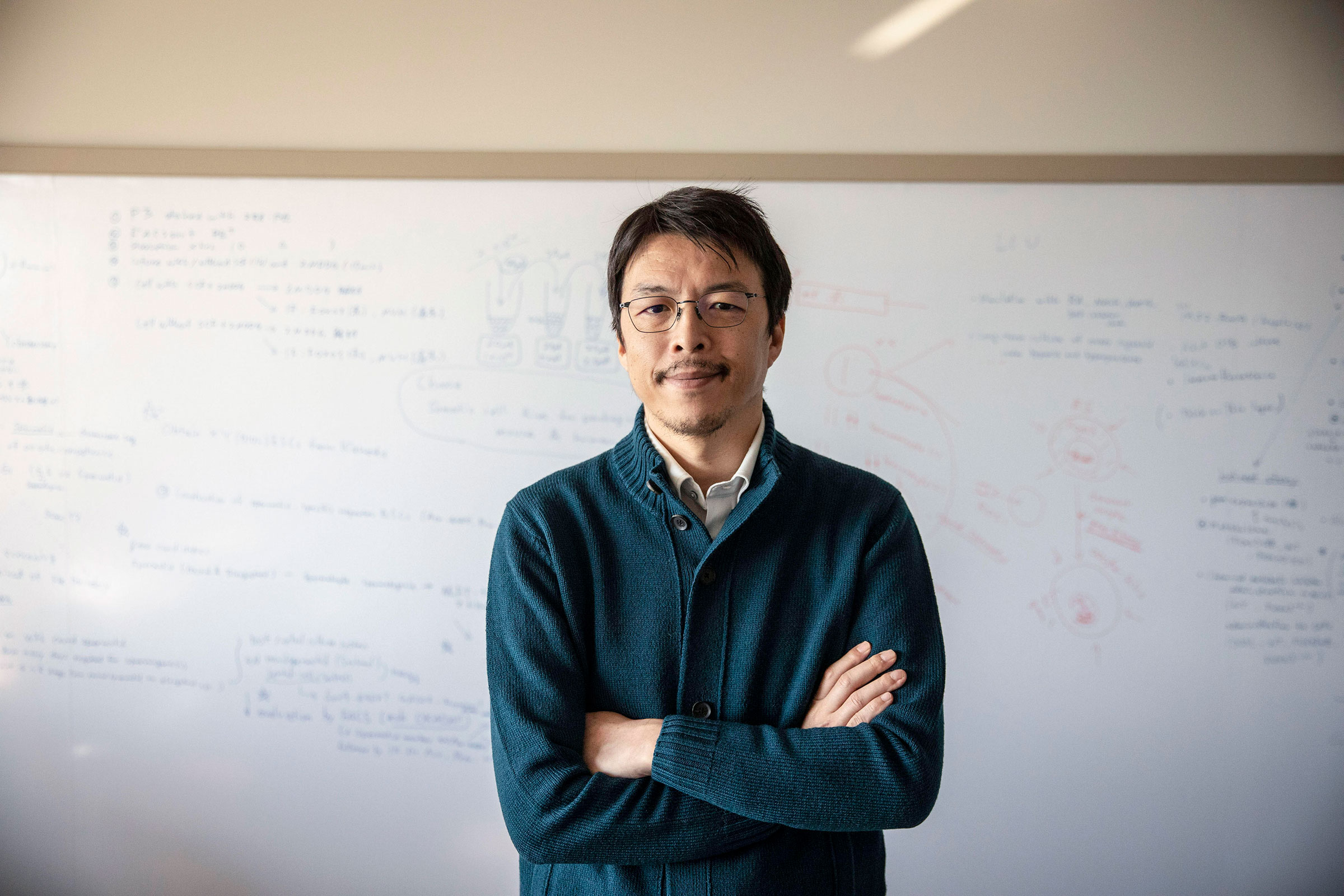For years, Katsuhiko Hayashi, a professor at Osaka University in Japan, has been at the forefront of developmental and reproductive biology, focusing on turning pluripotent stem cells (which can become any cell) into germ cells—those that become either an egg or a sperm. In just the past few years, he has made several fundamental discoveries. He re-created the entire cycle of a mouse egg cell (oocyte) and reconstituted the ovarian follicle—which holds the egg—in a dish. Last year, his team produced oocytes using cells from male mice, resulting in pups born to two biological fathers. His work offers hope to those with infertility problems or same-sex couples who one day wish to have biological children. It could also enable endangered species to breed. As biological breakthroughs often pose a double-edged sword, Katsuhiko is well aware of the scientific and ethical challenges as he determines whether his discoveries are translatable and socially acceptable for aiding human reproduction.
Yamanaka is a researcher and Nobel laureate
Order your copy of the 2024 TIME100 issue here
More Must-Reads from TIME
- Cybersecurity Experts Are Sounding the Alarm on DOGE
- Meet the 2025 Women of the Year
- The Harsh Truth About Disability Inclusion
- Why Do More Young Adults Have Cancer?
- Colman Domingo Leads With Radical Love
- How to Get Better at Doing Things Alone
- Michelle Zauner Stares Down the Darkness
Contact us at letters@time.com





